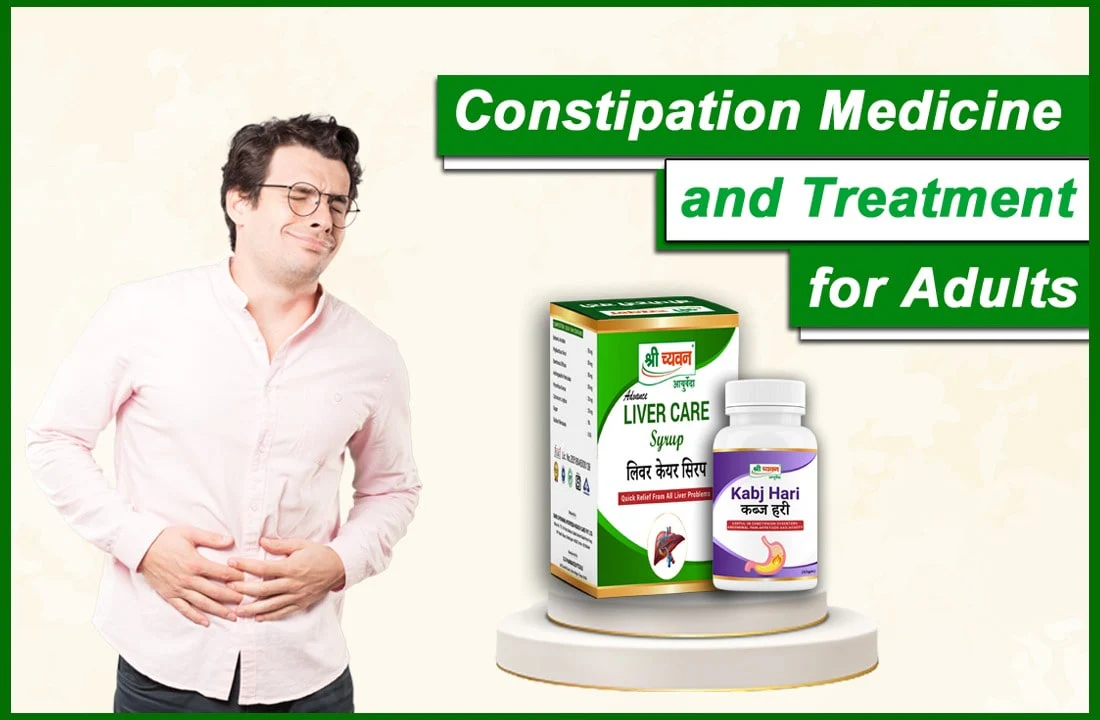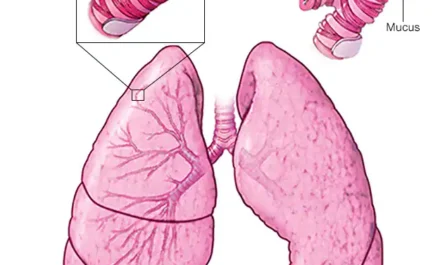Constipation is a common issue that can be managed with various treatment options. Some people may find relief through over-the-counter (OTC) products, while others may require prescription medications or alternative therapies. It’s also important to make lifestyle changes such as increasing fiber intake, staying hydrated, and getting regular exercise. In some cases, medications you’re taking for other health conditions could contribute to constipation, so it’s essential to consult with your doctor.Medicines to Treat Constipation.
While occasional laxative use may be helpful, using them frequently or in high doses may lead to side effects like imbalances in electrolytes—important minerals such as potassium, sodium, magnesium, calcium, and chloride that help regulate many bodily functions. Always let your healthcare provider know if you rely on these medications often.
Over-the-Counter Options Medicines to Treat Constipation
Many individuals begin their constipation treatment with OTC remedies. These are widely available and can be effective for mild to moderate cases. It’s wise to discuss your choice with your doctor, especially since some insurance plans may cover OTC medications with a prescription.
Fiber Supplements Medicines to Treat Constipation
Fiber helps form bulky stool by absorbing water, making it easier to pass. However, to avoid worsening constipation, it’s essential to drink plenty of water. These supplements may sometimes cause bloating or abdominal discomfort.
Common fiber supplements include:
Calcium polycarbophil (FiberCon)
Methylcellulose (Citrucel)
Psyllium (Metamucil, Konsyl)
Wheat dextrin (Benefiber)
2. Osmotic Laxatives
These draw water into the intestines, softening the stool and promoting bowel movement. Side effects may include cramps, diarrhea, and nausea. They should be used with caution by older adults or those with heart or kidney problems.
Examples: ALSO VISIT
Magnesium citrate
Magnesium hydroxide (Milk of Magnesia)
Lactitol (Pizensy)
Polyethylene glycol (Miralax)
3. Stimulant Laxatives
These are stronger options and are typically reserved for when other methods have failed. They trigger the muscles in the intestines to contract, moving stool along.
Common choices:
Bisacodyl (Correctol, Dulcolax, Ducodyl)
Sennosides (Senokot, Senexon)
Note: Overuse of stimulant laxatives can be harmful.
4. Stool Softeners
Best for short-term use, especially post-surgery or in situations where straining should be avoided. These work by drawing water into the stool.
Docusate sodium (Colace)
5. Suppositories and Enemas
These treatments are applied directly into the rectum and are often used for quick relief.
Suppositories: Glycerin or bisacodyl-based options stimulate bowel movement or soften stool.
Enemas: These involve introducing fluid into the rectum, which softens the stool and triggers a bowel movement. Options include mineral oil or bisacodyl enemas.
6. Lubricant Laxatives
These contain slippery substances like mineral oil, which help stool pass more easily by coating it and the intestinal lining.
Prescription Medications to Treat Constipation
If OTC solutions aren’t enough, your doctor may suggest prescription drugs, which work through various mechanisms to promote bowel movements.
1. Lactulose (Cephulac, Constulose, Duphalac, Enulose, Kristalose)
A type of osmotic laxative, lactulose draws water into the colon. Side effects may include gas, cramps, diarrhea, and nausea.
2. Linaclotide (Linzess)
Taken once daily, linaclotide is used to treat chronic idiopathic constipation (CIC) and irritable bowel syndrome with constipation (IBS-C). It helps increase fluid in the intestines, easing stool passage. The most frequent side effect is diarrhea.
3. Lubiprostone (Amitiza)
Used for chronic constipation, IBS-C (especially in women), and opioid-induced constipation. Taken twice daily with food, this drug helps soften stool. Possible side effects include nausea, abdominal discomfort, and vomiting.
4. Plecanatide (Trulance)
Designed for CIC and IBS-C, this daily pill boosts fluid secretion in the intestines, promoting smoother bowel movements. Diarrhea may occur.
5. Polyethylene Glycol Electrolyte Solutions (GoLYTELY, NuLYTELY)
This powder is mixed with water and consumed to cleanse the colon. It’s commonly used before medical procedures like colonoscopies. Side effects may include bloating, cramps, nausea, and vomiting. Seek medical help if you notice bloody vomit, irregular heartbeat, or severe abdominal pain.
6. Prucalopride (Motegrity)
Taken once daily, prucalopride stimulates bowel contractions in people with chronic idiopathic constipation. Side effects can include nausea, headache, diarrhea, and, in some cases, mood changes. If any psychological symptoms arise, contact your doctor immediately.
Alternative and Supportive Therapie
1. Biofeedback Therapy
This non-drug option trains your pelvic floor muscles to work properly during bowel movements. A therapist uses special equipment to guide you in improving muscle coordination.
2. Surgery
Surgical intervention is rarely needed, but in cases of structural problems like rectal prolapse, anal stricture, or severe blockage, it may be considered. Removing a section of the colon is typically a last resort when other treatments have failed.
Final Thoughts
Managing constipation involves a combination of the right medications, lifestyle adjustments, and in some cases, specialized therapies. Whether you start with fiber supplements or need prescription treatment, work closely with your healthcare provider to find the most effective and safe option for your needs. Avoid overusing laxatives and always stay informed about the potential side effects of any treatment you choose.



